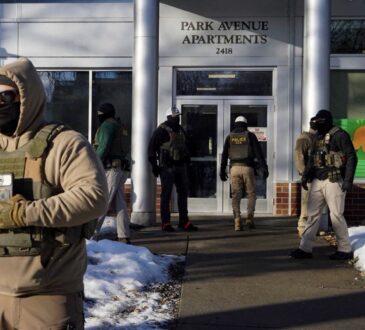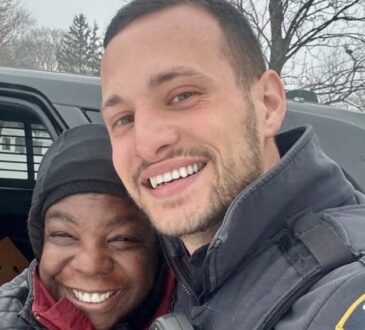
At a Turning Point USA event held at Virginia Tech, things took a dramatic turn when Megyn Kelly, the well-known conservative media personality and former Fox News anchor, clashed with a college student during a heated exchange.
The moment unfolded in front of a crowd that had gathered to hear Kelly speak, but instead of the usual questions, the confrontation quickly turned into an emotional and loud argument about Donald Trump, political violence, and the recent killing of Charlie Kirk, the founder of Turning Point USA.
The student challenged Kelly directly, asking how she could continue to defend and support Trump when, according to him, Trump’s constant use of hostile and inflammatory language has fueled the kind of environment that led to Kirk’s death. The young man reminded Kelly of Trump’s recent rally where he bluntly said, “I hate my enemies,” and also referenced similar statements made by Trump’s close ally and former White House aide Stephen Miller.
To the student, this kind of rhetoric wasn’t harmless—it was dangerous, and it created real consequences. His point was clear: if Charlie Kirk was killed in a politically charged atmosphere, then leaders like Trump were partially to blame for stoking the flames.
Kelly, who has had a complicated history with Trump and has shifted her position on him more than once over the years, immediately pushed back. She told the student his accusation wasn’t based on proven facts and argued that it was unfair to draw such a connection.
But the student was persistent. He brought up a study once published by the Department of Justice, which showed that right-wing extremists had been responsible for the vast majority of politically motivated killings in the United States since 1990.
That report had later been removed from the DOJ’s website, but the student claimed it was clear evidence that violence was disproportionately tied to right-wing groups, estimating that as much as 70 percent of political violence came from Republicans or those aligned with them.
Kelly dismissed his reasoning and countered with her own argument. She claimed that if you removed what she called “the crazies” from the data, then the numbers would show that most political violence actually came from the left. She became visibly upset and accused the student of spreading falsehoods and disrespectful statements, saying that his words were defamatory and completely inappropriate for the event.
The student, however, did not back down. He turned Kelly’s defense back on her, asking if, by her logic, it was somehow acceptable for the sitting president of the United States to encourage violence against liberals, especially when conservatives themselves were making unproven claims that Kirk’s killer had been inspired by left-wing activists. His point was that if speculation on one side was unacceptable, then it should not be tolerated on the other side either.
Kelly tried to soften Trump’s remarks, saying that his line about hating his enemies should be taken as a joke rather than a literal call to action. She argued that Trump had every right to feel hatred toward his political opponents because, in her view, they had tried to destroy him. She reminded the audience that Trump had been fighting criminal charges and lawsuits that threatened to send him to prison for life and to bankrupt him financially. In her defense, Trump’s bitterness and anger toward his enemies were justified reactions to what she described as an ongoing campaign to ruin him.
The student got the final word in before handing back the microphone. With no hesitation and a steady voice, he said that Trump deserved the legal and financial battles he was facing, adding bluntly, “Rightfully so, he’s a criminal.” That closing remark drew gasps, applause, and murmurs from the audience, leaving the room charged with tension and underscoring just how deeply divided people remain over Trump, political violence, and the legacy of conservative figures like Charlie Kirk.




